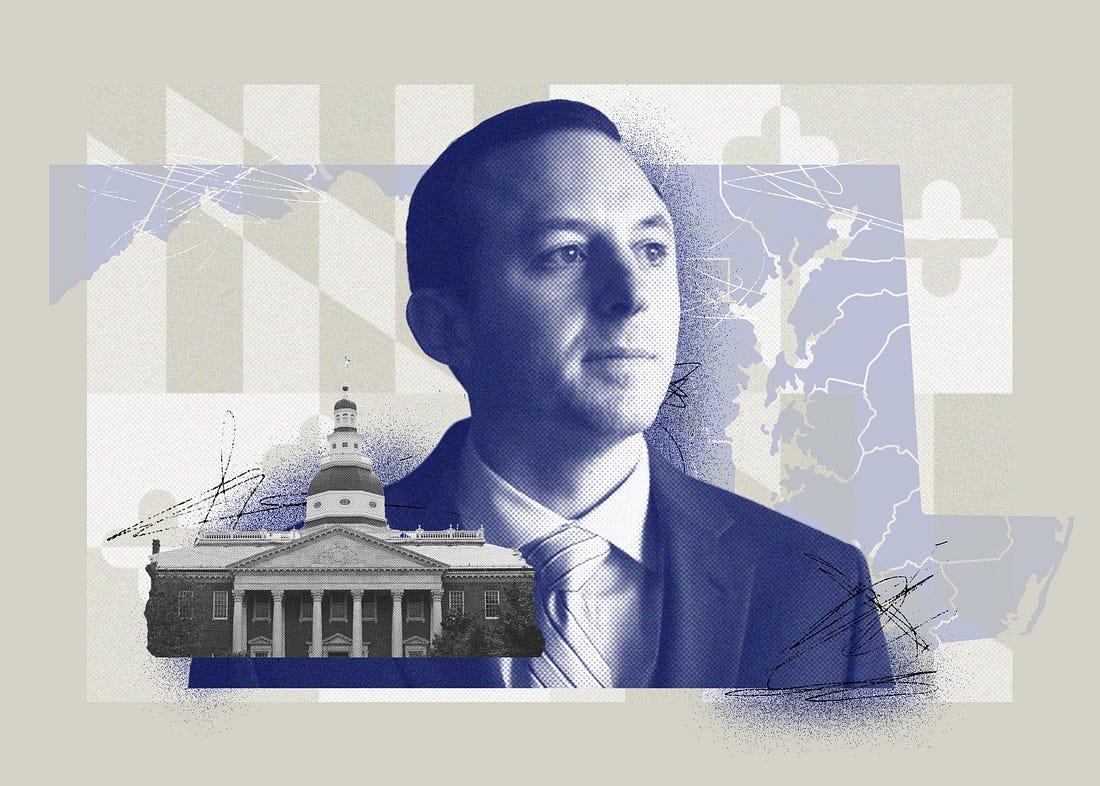|
 |
Hi, y’all. Welcome back to The Opposition. It’s been a busy couple days for the Democrats. Having been buoyed by tremendous off-year election results and surprisingly strong polling during the government shutdown fight (R.I.P.), the moderates in the Senate quickly decided they had seen enough. Who needs momentum in this line of work when there’s a compromise to be had?
While there’s been a lot of handwringing over the shutdown-ending deal, I’ve been struck by how history so often repeats itself. Back in October 2013, Republicans also shut down the government, only to reopen it without securing any real concessions. The party was similarly adrift and engaged in some nasty infighting over that decision. And then a new scandal emerged right as the government reopened: the failed launch of Healthcare.gov. Suddenly, they were off to the races. Is that what Democrats have been handed now, with the post-shutdown development in the Jeffrey Epstein files?
As for today’s newsletter, we are looking at another major component in the coming midterms—not the shutdown, or Epstein, but the redistricting wars, and the single Democrat who seems determined to stop his own party from getting one additional House seat through a good, old-fashioned gerrymander. If you like political intrigue, you’ll like this one. In fact, you’ll probably like all of the stuff The Bulwark has to offer. To read today’s newsletter in full and to enjoy all our locked content, sign up for a Bulwark+ membership today:
–Lauren
IN 2019, THE MARYLAND DEMOCRATIC political scene was abuzz with excitement. After thirty-three years on the job, the president of the state Senate, Mike Miller, announced that he was stepping down from leadership and handing the reins over to a more liberal leader half his age: a 36-year-old state senator from Baltimore named Bill Ferguson.
Media coverage at the time portrayed Ferguson as a skilled politician who would shift the state Senate to the left following decades of steady moderation from Miller, whom many liberal Marylanders blamed for stymying their policy priorities. Sen. Paul G. Pinsky described Ferguson at the time as “transformational” rather than “transactional.” The Intercept called Ferguson’s accession to the speakership “a coup for progressives in Annapolis.” Maryland Matters, a local political outlet, stated that “the culture in the Senate is going to change dramatically.”
“He kind of came out of nowhere,” Michael Ricci, who served as communications director to then–GOP Gov. Larry Hogan, told me. “It was a seismic shift for the Senate.”
But as Ferguson is finding out, politics is a fickle business. Because now, the very progressives who just six years ago celebrated him as a darling about to reshape Maryland politics have come to despise him...
Join The Bulwark to unlock the rest.
Become a paying member of The Bulwark to get access to this post and other subscriber-only content.
A subscription gets you:
| Unlimited access to articles and all our newsletters including Morning Shots by William Kristol and The Triad by JVL. | |
| Ad-free versions (with transcripts) of all our shows including member-only shows: The Secret Podcast, and livestreams. | |
| Plus community chats and commenting features. Your support helps keep our work sustainable. Cancel anytime. |
